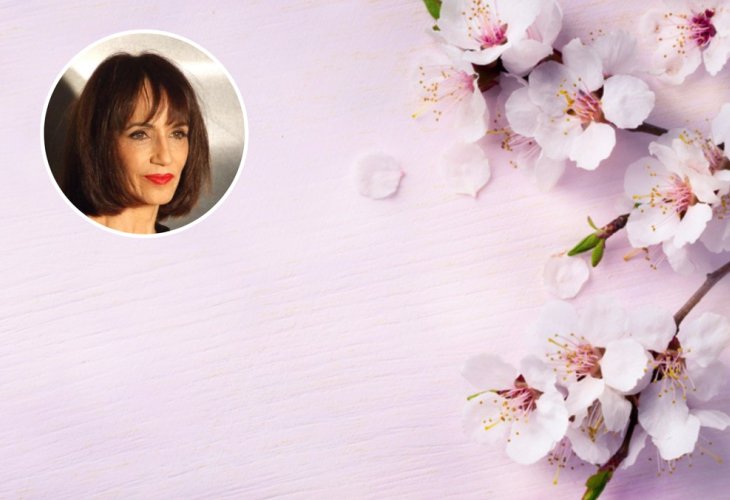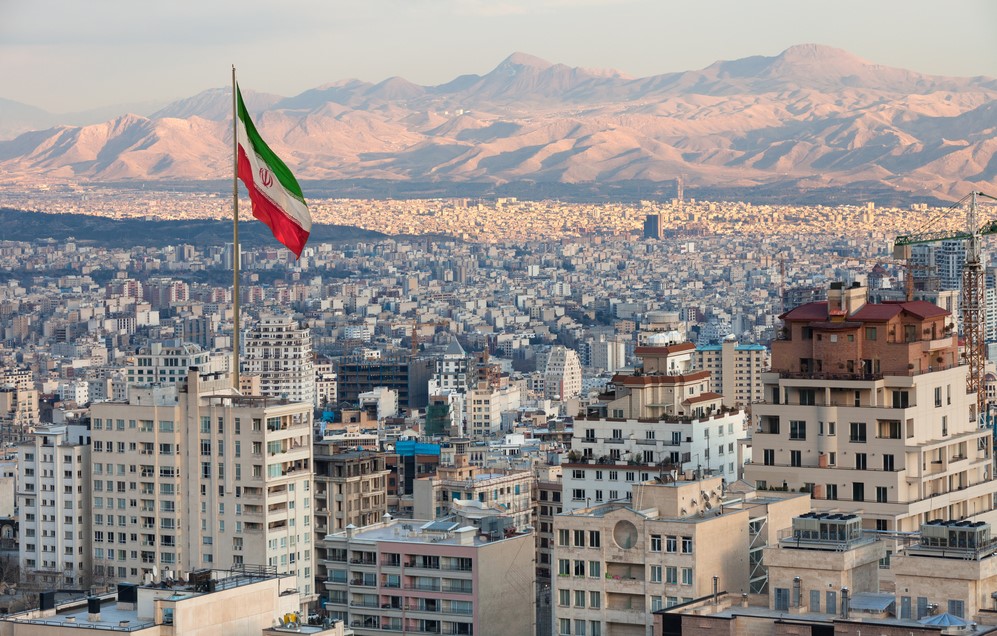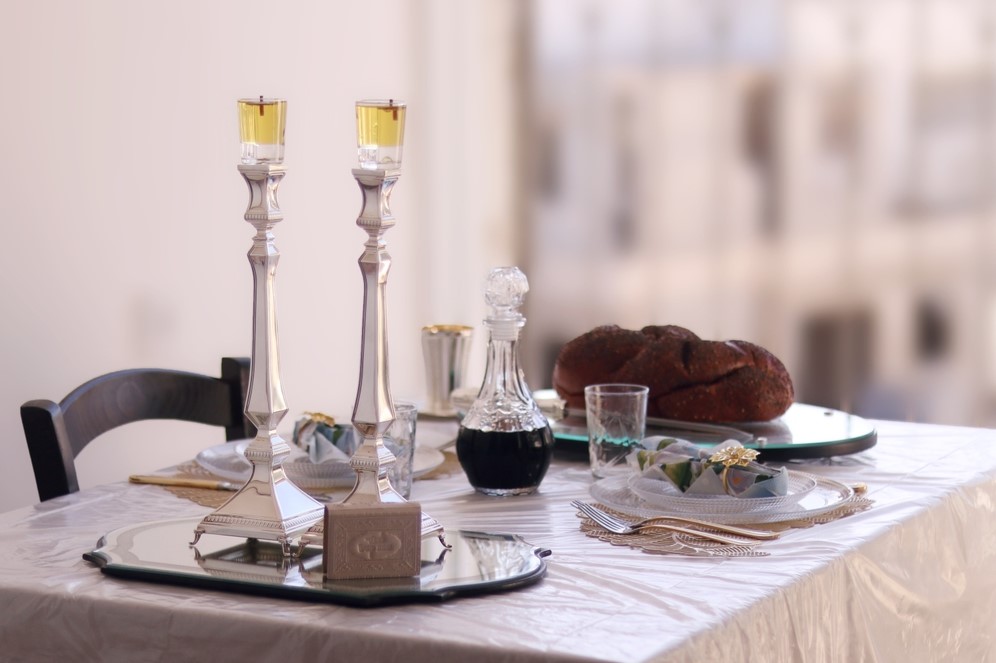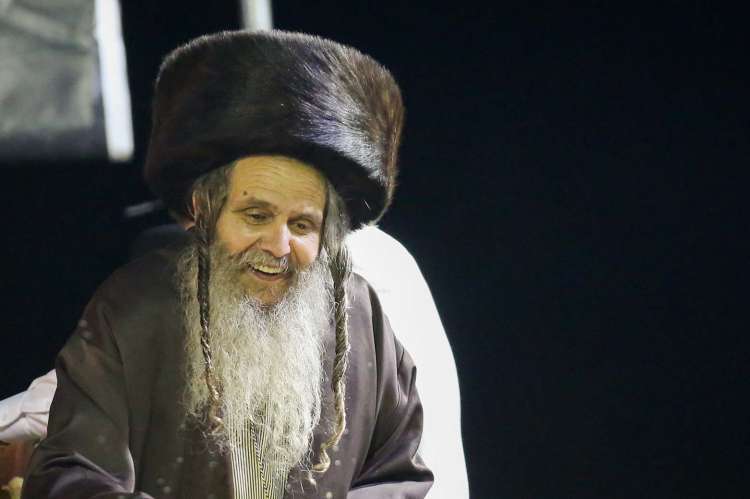Singer Ruchama Raz Touches Hearts: "I Say 'Psalm of Thanksgiving' Six Times a Day"
After facing a brainstem tumor, many prayers, and great salvations, singer Ruchama Raz shares her journey, her closeness to the Creator, and her aspiration to strengthen and empower as many people as possible.
 (Background: shutterstock)
(Background: shutterstock)When you hear the name of singer Ruchama Raz, you usually associate it with the sounds of famous songs such as 'In the Land of My Love, the Almond Blossoms', 'Good People Along the Way', 'The Always Green Mountain', and of course, 'Jerusalem of Gold', among many others. Ruchama is now 68 years old and still involved in her musical career. However, it turns out she does so somewhat differently than before, with much more spiritual reinforcement, with Shabbat songs and faith, and even incorporating yoga exercises as part of a voice development process she underwent. "I haven’t changed; I just present to the audience who I really am," she explains, "and today, I am a somewhat different figure than I was in the past."
From Iran to Katamon
"I grew up in Jerusalem to parents who came from Iran," recalls Ruchama of her childhood years. "Our family is blessed with children, and I am the fifth daughter in a row out of six sisters and a brother. As siblings, we had an amazing bond, and to this day, we all maintain a very close relationship, including with the ultra-Orthodox brother and his nine children.
"Since our parents came from Iran, they spoke to each other in Biblical Aramaic, and over time, we learned a little bit of this special language, and when they didn’t want us to understand, they spoke in Persian. We were all sent to state-religious institutions, and from this education, I only have good memories. Our parents gave us a lot of joy, and to us, religion was very inclusive and full of goodness. We loved sitting around the Shabbat table, singing hymns, and enjoying the Shabbat delicacies. Mom insisted on saying for every dish she made 'For the Honor of Shabbat Kodesh', and Dad sang Shabbat hymns and different songs.
 (Photo: shutterstock)
(Photo: shutterstock)"Mom always used to tell us: 'Be good to each other, help each other, and be generous. If a guest arrives while you're in the middle of cooking, honor them and offer a drink.' Even in her last days, she would say to my husband, 'Maybe take the uncle so he doesn’t have to travel by bus?' and when my husband would ask her, 'Ilana, take care of yourself a little,' she would respond, 'We're fine, we'll manage.'"
The one who gave her the name 'Ruchama' was Rabbi Shmuel Baruchim, the rabbi of the Persian community in Jerusalem. "Mom had great respect for Rabbi Baruchim and would get very excited whenever he visited our home. She would stand up for him out of respect, and he was the rabbi with whom we consulted on almost every matter. So while our home wasn’t religious in the strictest sense, there was a lot of respect for Hashem’s Torah and appreciation of the commandments, and also an attempt to keep them."
A Child of Songs
At what age did your love for music become apparent?
"My family is very musical, and I grew up in a world of music. My father sang beautifully, and two of my sisters sing very well too. They would tease me by saying, 'Miriam sings better than you,' referring to my older sister. But I never got upset. On the contrary, it sounded amazing to me that we could sing together. The bond between us was wonderful; we loved and helped each other in whatever way possible."
You have achieved so much throughout your career. How do you feel about that?
"I feel I’ve contributed a lot, brought joy to people, and touched them with songs about the Land of Israel and our Judaism. What can unite us more these days than songs about the Land and Jerusalem? It’s a great honor for me to be associated with such songs.
"The amazing thing I discovered over time is that not only the people of Israel connect with Israeli songs, but also people overseas. For example, years ago, Thailand's princess visited Israel for the first time. A party was organized in her honor at the end of her visit, and I was invited to perform. At the event, I met the princess, and while singing, I noticed she couldn’t take her eyes off me. The next day, the ambassador spoke to me and said: 'You won’t believe it, but the princess asked me to buy her everything related to your songs and records, and she even wants you to send her the lyrics.' Of course, it was very flattering to me. Amazingly, a few years later, I was told the princess was visiting again and wanted to meet me. I was invited to perform before her once more, and this time she surprised me – she learned all my songs by heart and sang with me in Hebrew.
"In general, I believe Hebrew songs have enormous power, especially songs taken from the Torah or prayer. I currently have a special show called 'Lecha Dodi', in which I integrate the songs with stories about Shabbat and Jewish values from my parents' home, and sing Shabbat songs I heard at home and during my childhood years. In between, I tell about my childhood and the religious education I experienced. It’s very moving for the audience."
 (Photo: shutterstock)
(Photo: shutterstock)It seems today’s audience prefers more modern songs, sometimes less Hebrew...
"The truth is I hardly get to hear modern songs, and even when I do, I don’t really enjoy them. I much prefer the songs of yesteryear – old and classic songs of the Land of Israel and songs from the prayers. It’s not true to say the audience prefers other songs. There is a very large audience of veterans who love and connect with this genre."
The Blood Bus
Many know of Ruchama Raz’s musical career, but it turns out there's another aspect of her life that is less known to the public – she studies yoga. "My first encounter with yoga was after my sister was murdered in a terrorist attack, and we went through a very difficult time," reveals Ruchama. "During those days, a good friend recommended to me: 'You should learn yoga', and essentially she was the messenger who led me to specialize in yoga and get to know a field that strengthens me so much. I studied for two years to become a yoga teacher and spent an additional year studying yoga therapy. In my final project, I connected yoga with singing and managed to interestingly show how yoga has a system that helps stabilize and support our voice.
"Since then, I offer yoga therapy workshops, teaching how to combine yoga therapy with vocal work, and understanding how all this can enhance our health. I’ve had the opportunity to lecture on this to various choirs, vocal instructors, and other settings. Additionally, for nine years, I was involved in teaching yoga to bereaved families. I did it voluntarily as a bereaved sister, and I felt how in this small contribution, I received so much relief and comfort."
Ruchama wants to take this opportunity to talk about her sister Miriam Metserafi of blessed memory: "Miriam was modest and shy, gentle, and always striving to give others more than she could, and much more. She worked at the Ministry of Housing, dealing with finding housing solutions for the blind and deaf. On the day of the attack, she was supposed to check a particular house for rent purposes for deaf-mute residents. The house was located in Tel Aviv, and even though she could have handled the matter through letters with the owners, she chose to travel from Jerusalem to address it immediately. When she was in Tel Aviv and her meetings were over, she was offered to stay, to rest, and have a drink, but my sister replied, 'I’m in a hurry to get home to the children.' She boarded the 'Blood Bus', and after a few hours, we were informed she was killed in the attack. We will always remember her as gentle and noble, for that’s who she was."
Only to Give Thanks
But the greatest trial in Ruchama’s life came about six years ago, without any warning. It was when she started experiencing difficulties driving; she felt she had double vision, suffered from extreme fatigue, dizziness, and a lack of appetite. Then came the hardest diagnosis of all – a cancerous tumor on the brainstem.
"The truth is it took time before the disease was diagnosed in me," she notes, "because the doctor initially found it hard to believe the findings. He told me, 'I’ve been your family doctor for years and rarely see you. You’re a healthy woman, so why think you would develop something?' But the symptoms ultimately prevailed, and the situation was very difficult."
Ruchama began a journey of treatments and surgeries, and according to her, the main thing that strengthened her were the prayers. "To this day, I am immensely grateful to everyone who prayed for me in those days," she says emotionally. "All my family members prayed, including my ultra-Orthodox brother, who recruited all his children to pray and support me tremendously. In addition to the prayers, I owe immense gratitude to my devoted husband, who carried me through it all. He took upon himself the care of all the treatments and required rehabilitation, all for me to feel well. The truth is, during the illness, it was hard for me to see the light and believe it would come. But today, in retrospect, I can send a message to anyone going through similar things: 'Even within the difficulty, try thinking about a point of light, and make every effort to be grateful to the Creator, because it's the only thing that gives strength.'"
On a personal note, Ruchama mentions that during her illness, she regularly studied the books of Rabbi Shalom Arush, especially 'Shaarei Betodah'. "Thanks to this, I learned to thank the Creator for everything, even for the less pleasant things, the pains, the terrible treatments, and the uncertainty. I thanked for everything, and thanks to Hashem, I passed through the period with great faith and strength granted from above."
 Rabbi Arush (Photo: David Cohen / Flash 90)
Rabbi Arush (Photo: David Cohen / Flash 90)Do you share your experiences with the audience today?
"I believe my personal story has power and can have a positive impact, so in situations where I see the audience is attentive, I talk and share in the hope of providing strength and encouragement. At one of my performances, there were parents in the audience whose 30-year-old daughter was battling a brainstem tumor, just like I had. They approached me after the performance with tearful eyes and told me about it. I asked to speak with their daughter, who shared that the surgeon who operated on me would soon operate on her. She was full of fears, but I encouraged her: 'Look at me, I am twice your age, yet I got through it all successfully, and thankfully I’ve fully recovered.' I added my recommendation: 'Always be in gratitude. Thank Hashem for all the good He has given you, and remember that everything He does is for the best.' I say this and truly believe it. While there were many things that helped in my recovery, including the amazing support from my family, the dedicated care of the doctors, and advanced medical technology, at my core, I believe everything is from Hashem, and the gathering of these things is solely from Him.
"This period taught me so much about life," she adds, "and to this day, I strive to say 'thank you' for every little thing and read the 'Psalm of Thanksgiving' at least six times a day – in the morning and evening, before and after a performance, and whenever the opportunity arises. Even while lighting candles, before making any requests, I always thank Hashem, confident that He's always with us and that everything I have is solely from Him."

